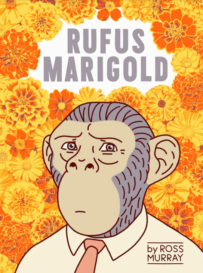A New Version of Huckleberry Finn Omits the N-word. Why?
The word ‘nigger’ appears 219 times in Mark Twain’s Adventures of Huckleberry Finn, one of the most anti-racist books I know. Absurdly, a new version published by NewSouth Books (who don’t deserve the dignity of a link) will replace this pejorative racial epithet with the word ‘slave’.
I don’t need to tell you that while language shifts, morphs, and evolves, historical context will always remain important in literature. I also don’t need to tell you how censorship of this type crudely yanks control from the artist, or how ignoring the past makes it harder to understand where we’ve come from, and where we need to be heading. Like most of the Internet, I am appalled by NewSouth’s meddling, and slightly baffled.
Or at least, I was baffled. Then I read the justification for this shameful fig-leaf edition, and suddenly it all made sense. NewSouth co-founder Suzanne La Rosa gives herself away all too easily:
“What [editor-in-chief Randall Williams] suggested was that there was a market for a book in which the n-word was switched out for something less hurtful, less controversial. We recognized that some people would say that this was censorship of a kind, but our feeling is that there are plenty of other books out there — all of them, in fact — that faithfully replicate the text, and that this was simply an option for those who were increasingly uncomfortable, as he put it, insisting students read a text which was so incredibly hurtful.”
It’s there in the first line. “There was a market.” A market. There’s always a market, right? And why should La Rosa care about censoring a classic when there’s a market? She continues:
“[Williams’s] willingness to take this chance — I was very touched.”
La Rosa is wrong. This isn’t taking a chance. It’s obscuring a crucial issue to make a quick, dirty buck. Depressingly, I fear NewSouth will achieve its aim.
Chris Greenhough
Tags: adventures of huckleberry finn, book censoring, censored books, censoring books, cg, huckleberry finn, mark twain, newsouth books, race














